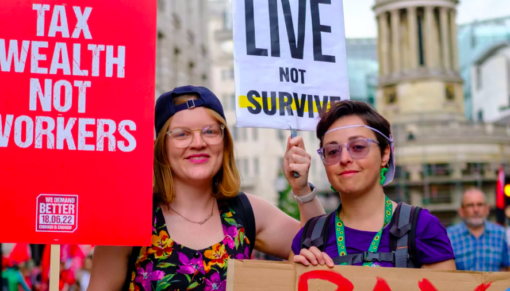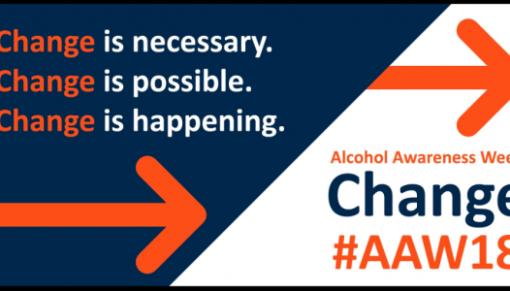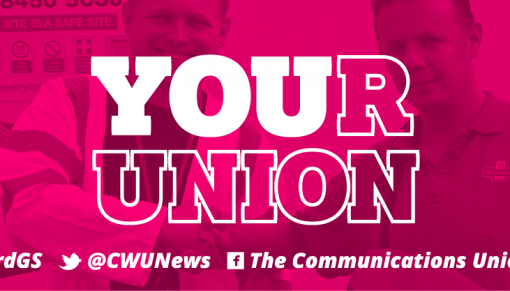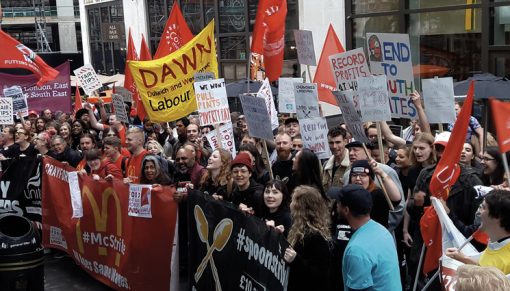Why this
October 15 2015Newspapers, radio and TV were full of the news that between April and June this year the UK economy expanded- or grew – 50% more than expected. Wow! The recovery from the recession was not just a bit better than hoped, but twice as good. Reading some articles, you could be forgiven for thinking that we had reached the Promised Land!
But I would argue this is wrong to the point of delusional. This short piece sets out why.
Let’s start with the numbers. The prediction was for a growth figure of 0.3%. The actual figure seems to be having been 0.6%. Yes, it’s growth, which is good. Yes it’s faster than predicted. Also good. But the size and shape of this good thing is three tenths of one percentage point. I think we need to take a more cautious perspective.
The figures were noteworthy because having two consecutive quarters of growth has not happened for a couple of years, but was chancellor George Osborne justified in saying that people would – as one newspaper put it – “soon share in the feelgood factor.”(http://www.guardian.co.uk/business/2013/jul/25/economic-growth-labour-chancellor-balls-cameron?INTCMP=SRCH)
Because although there is this very modest growth, you can’t get away from the jaw-dropping fact that in many ways the economy hasn’t been in this much mess since 1870. That’s right – two world wars, the great crash and half-a-dozen recessions – this is the worst.
If you look at figures produced and reported elsewhere ( see the graphs in the comprehensivehttp://www.thisismoney.co.uk/money/news/article-1616085/Economy-watch-How-long-Britains-recession-last.html), every downturn in the economic cycle follows a similar sort of pattern. A sharp fall followed by a recovery that is quite strong, returning the economy to its pre-crash levels. But following the crash of 2008, we have yet to see a meaningful recovery. The economy is still not back to its pre-recession levels of output. And it doesn’t look like this is going to chance any time soon. So this period of depressed economic performance is unmatched in a century.
And there seem to be three reasons why the outlook does not look promising.
First, capacity. What is the economy capable of producing? How many jobs is the economy capable of sustaining? Economists tell me that recessions are either cyclical or structural. In a cyclical recession, the economy has a fall, picks itself up (or is picked up by state funded projects), dusts itself down and sets back on a pattern of growth. In a structural recession, bits of the economy and the jobs they used to contain disappear – are killed off – and any recovery has to take place without them.
It is arguable that we have suffered a structural recession, with the finance sector in particular having contracted in a big way.
So in order to return to sustained economic growth, the economy will have to rebalance – we can’t go back to how we were because the economic landscape has changed so much. This is clearly hard – and can take more time – than emerging from a cyclical recession.
Second, wages. Income has been squeezed and squeezed. We are now ina fourth year of falling wages where average earnings have lagged consistently behind inflation (using the RPI measure).
I’m guessing everyone reading this will know directly why this is important. Less money means less spending. Less spending means less demand for good s and services. Less demand means less employment. Less employment means less tax revenue. Less employment and tax revenue means money has to come from somewhere else.
And the lower your income, the less choice you have. What I call “non-discretionary expenditure” – things you have to buy to keep warm dry and fed – takes a higher proportion of low incomes than high ones, and inflation in many of these categories has been higher than the average.
The third reason is Government policy. “Unlike the unbalanced economy before the crisis, we are going to make sure everyone benefits from this recovery. Britain is holding its nerve, we are sticking to our plan and the British economy is on the mend” claims the chancellor.
But fundamentally, can we call the explosion in low-wage, short-hours employment, the emergency of zero-hours contracts and payday lenders, the rise and rise of the foodbank a recovery?
It doesn’t look or feel like a “recovery” to me. And I would argue it doesn’t look like one if you read the statistics either.
That’s why our union campaigns for decent employment and for an economic alternative to the current model. We are proud to be part of the TUC’s “Future that Works” campaign(https://www.tuc.org.uk/tucfiles/580/TUC_Campaign_Plan_2013.pdf) and the People’s Assembly(http://thepeoplesassembly.org.uk/). Having the arguments about why the headlines heralding the latest “growth boost” are misplaced is part of what we need to win the battle.
If you want more detailed but clearly presented economic info, I strongly suggest you sign up for the TUC’s Quarterly Economic Updates –http://www.tuc.org.uk/economy/tuc-22306-f0.pdf

























































